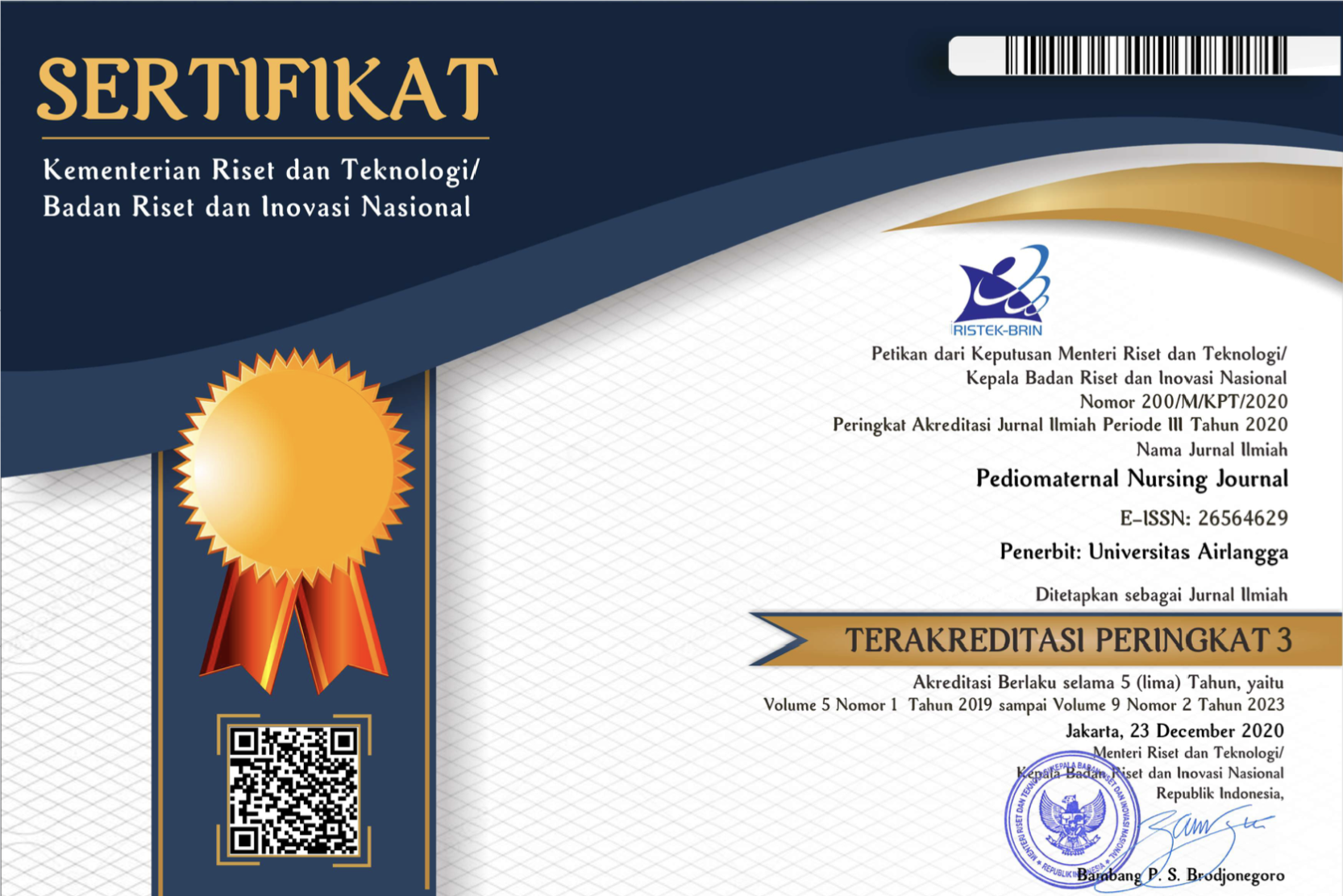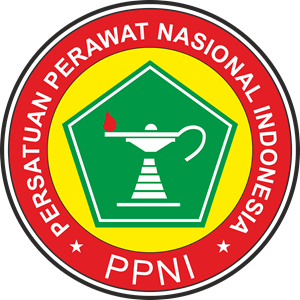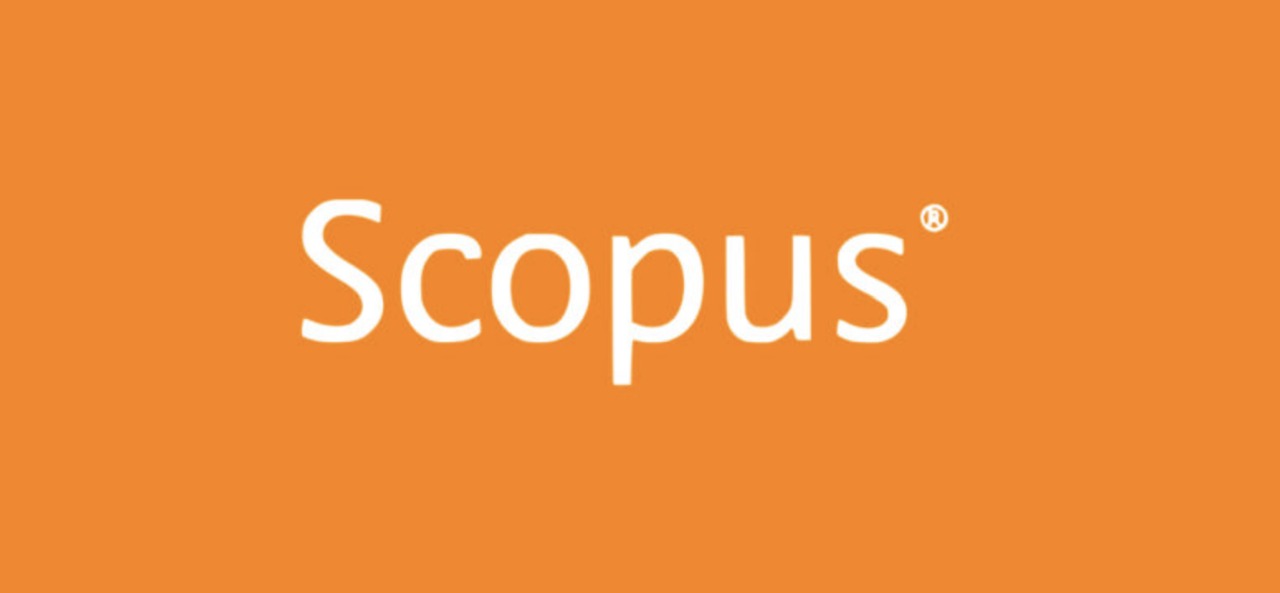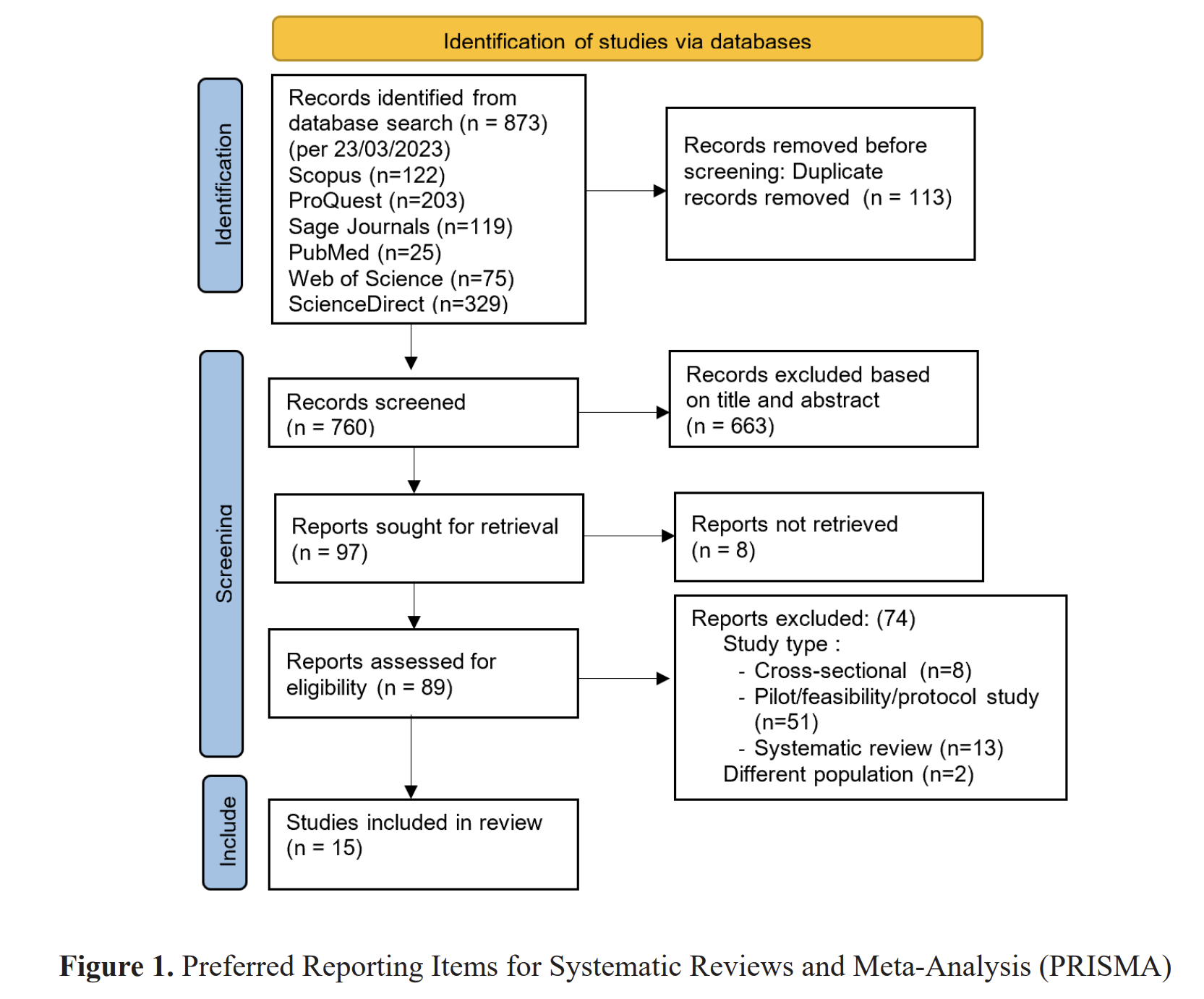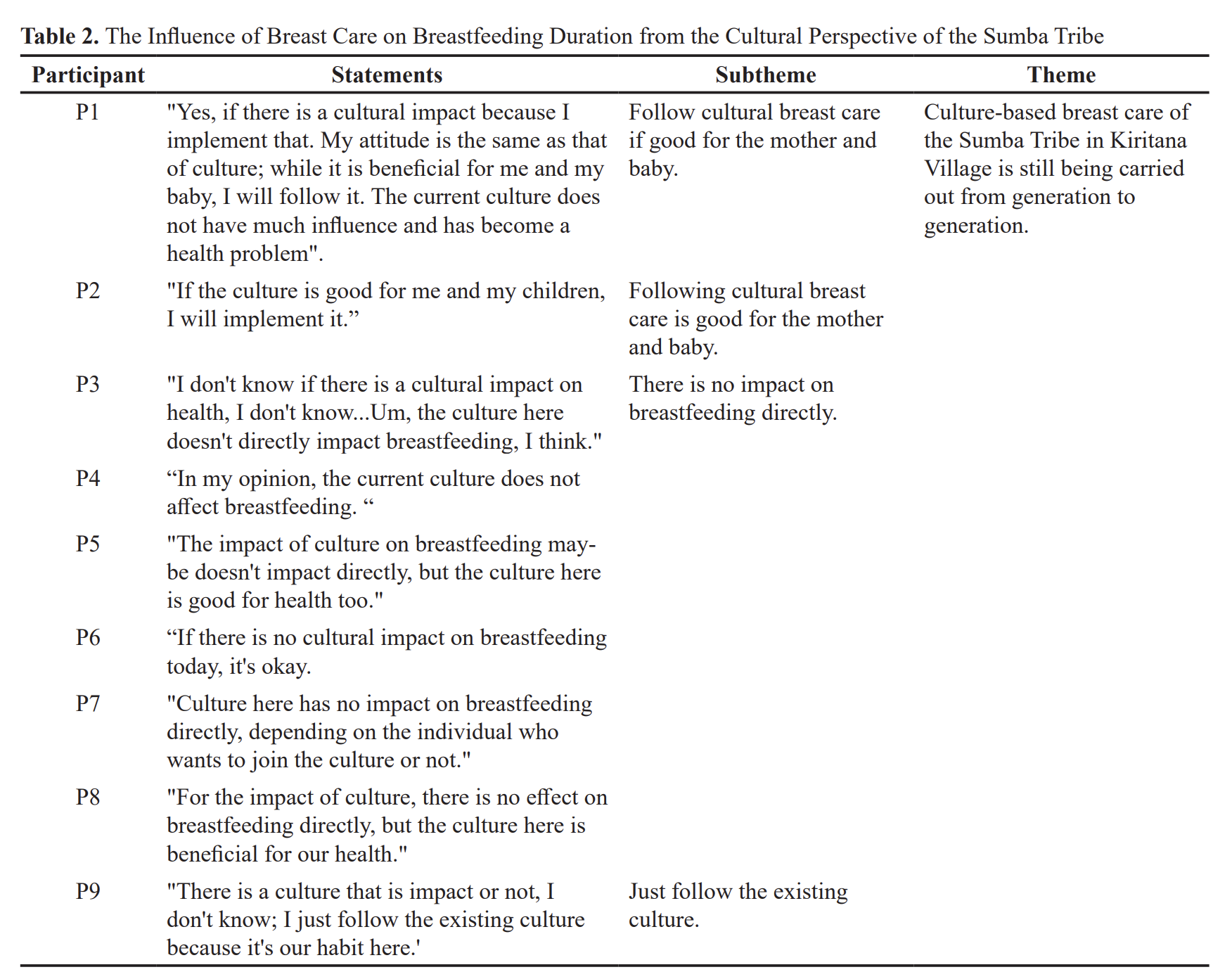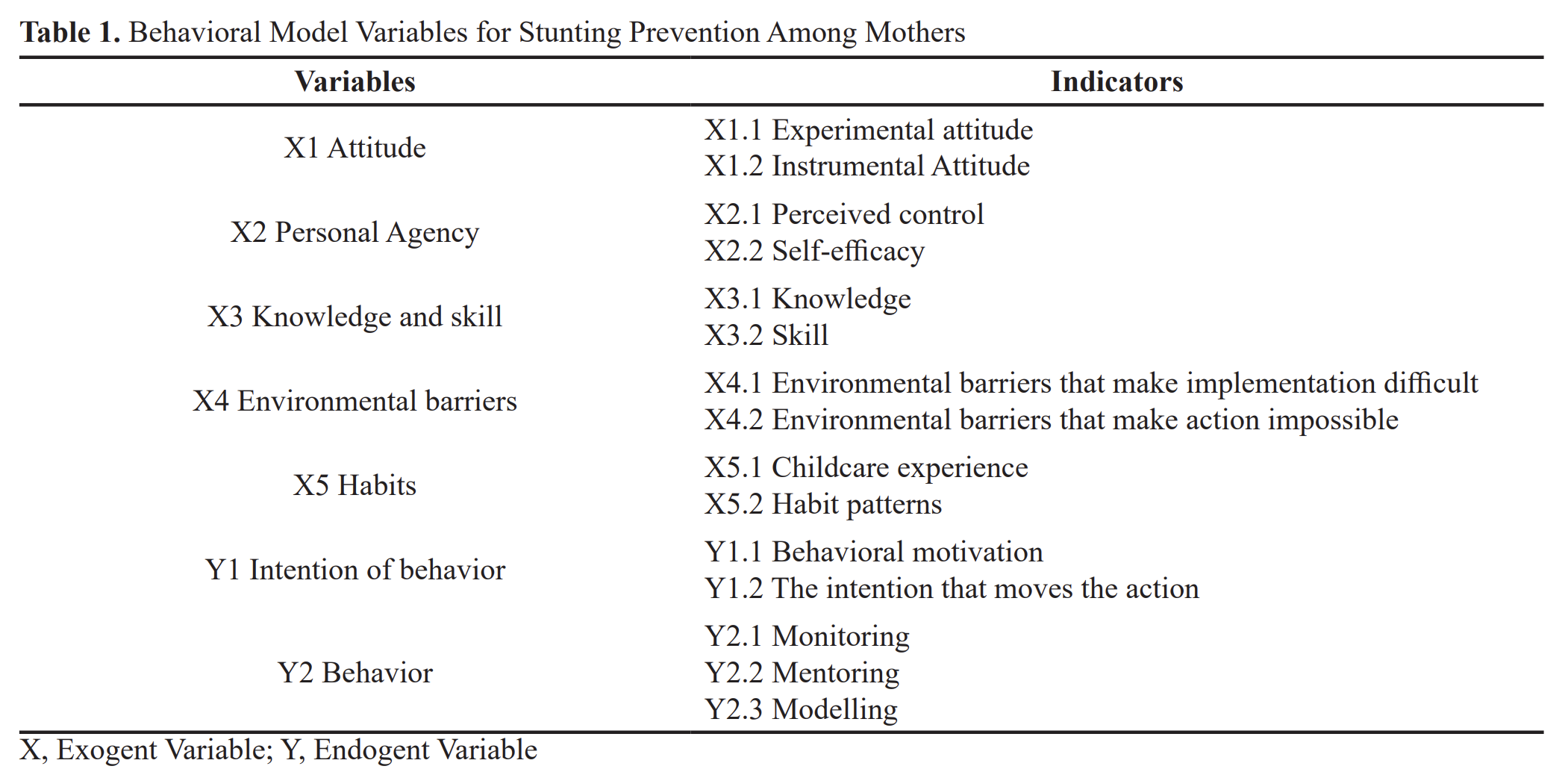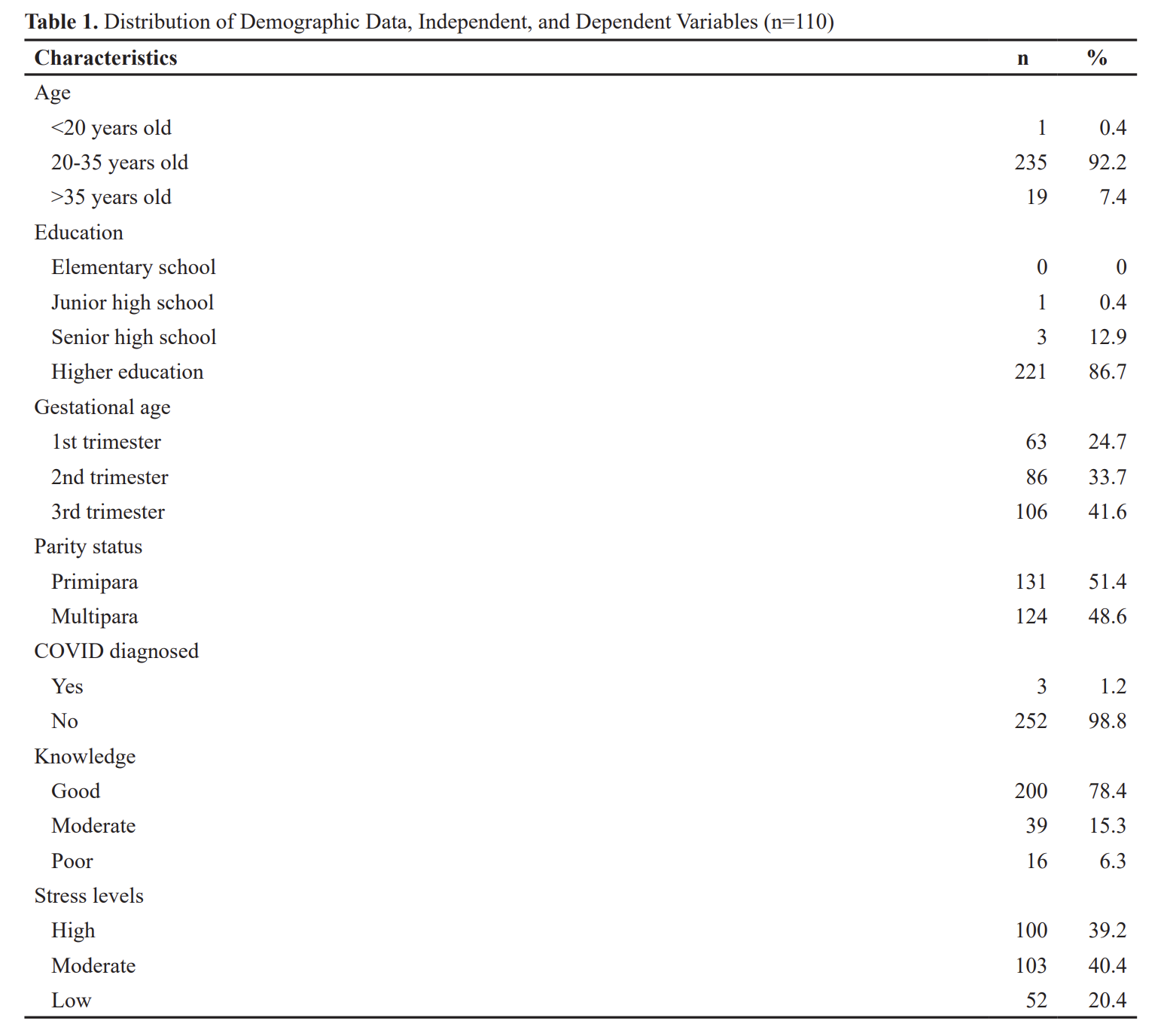Data Sharing
Data Sharing
Sharing complete research datasets offers numerous benefits, including facilitating reuse, reducing waste, and fostering collaboration. It enhances transparency, enabling independent verification and building trust in research results, thereby strengthening the evidence base. Authors are encouraged to deposit their data as supplementary files or in data repositories, while citing and linking to the dataset in their articles. If data sharing is not possible, authors should provide a statement explaining the reason. Data sharing ensures authors receive credit and makes data accessible and discoverable to their peers.
Data sharing policies:
- We require that research data supporting articles be openly available upon publication. If open sharing is not possible due to confidentiality or sensitivity, controlled access repositories should be used.
- We strongly encourage the prompt release of research data, whenever it is legally and ethically feasible.
- Clinical trial data must be made available upon reasonable request.
- Clinical trials must include a data sharing plan during registration, with any changes noted in the Data Availability Statement and trial registry (complying with ICMJE recommendations).
- We strongly encourage the timely sharing of research data, wherever it is legally and ethically feasible.
Data Availability Statement
PMNJ requires a Data Availability Statement for all research articles. Authors must choose appropriate standardized statements and provide additional information as directed. Multiple statements can be selected for different data conditions. The ICMJE recommendations provide guidance for creating comprehensive statements. These statements will be published in the article's footnotes under the 'Data Availability Statement' header.
- Data are available in a public, open access repository. Name of the repository, persistent URL, and any re-use restrictions should be included (e.g., licence, embargo). Whether the data were produced by the author(s) or by another researcher, all publicly accessible data that were used in the creation of an article should be referenced in the text and the reference list.
- Data are available upon reasonable request. Indicate the type of data (for example, deidentified participant data), the source of the data (for example, a generic lab email address or a specific person's ORCID identifier - please make sure you have permission), the publishable contact information for the source, and the circumstances in which reuse is allowed. Are there any other details (such protocols or plans for statistical analysis) available?
- Data may be obtained from a third party and are not publicly available. Indicate the type of data (for example, deidentified participant data), the source of the data (for example, a generic lab email address or a specific person's ORCID identifier - please make sure you have permission), the terms for reuse, and the publishable contact information for the source. Are there any available further details (e.g., protocols, statistical analysis plans)
- All data relevant to the study are included in the article or uploaded as supplementary information. Please make sure that the data on the patient is not included. In the space provided for text, please type "Not relevant."
- Data sharing not applicable as no datasets generated and/or analysed for this study. In the free text area, please type "Not relevant."
- No data are available. In the free text area, please type "Not relevant."
Data availability statements the following types are frequently used:
- The [NAME] repository, [PERSISTENT WEB LINK TO DATASETS], contains all of the datasets created for and/or used in the analysis of the current study.
- The corresponding author will provide the datasets produced and/or analyzed during the current work upon reasonable request.
- This article was published with all data produced or analyzed for this study (and its supplementary information files).
- Due to [REASON(S) WHY DATA ARE NOT PUBLIC], the datasets created during and/or analyzed during the current study are not publicly accessible, but they are available from the corresponding author upon justifiable request.
- Since no datasets were created or analyzed for this topic, data sharing is not applicable.
- The data used to support the study's findings are accessible from [THIRD PARTY NAME], but there are limits on their use. These data were used under license for the current study and are therefore not available to the general public. However, the writers are willing to provide data upon reasonable request and with [THIRD PARTY NAME'S] consent.
Editor authors are free to use or modify the aforementioned statement(s) in the absence of explicit journal instructions. Depending on the type of research, multiple statements may need to be integrated.

